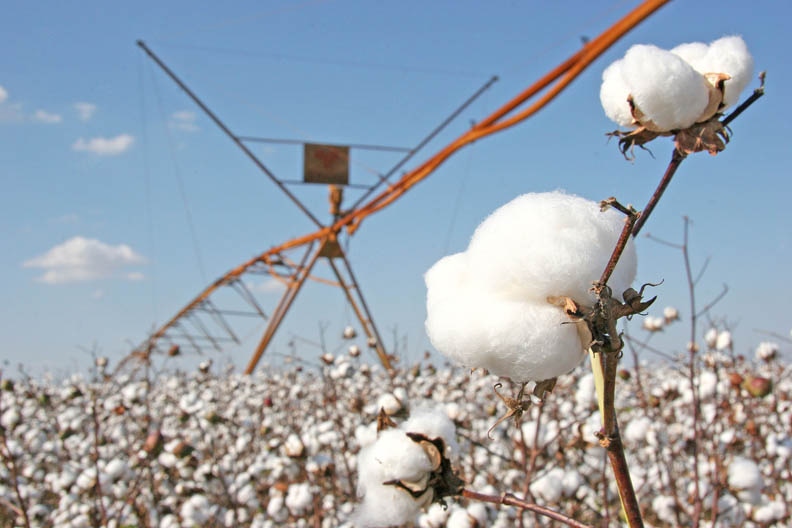August 20, 2012

A “Contamination Prevention Alert” was distributed to Joint Cotton Industry Bale Packaging Committee (JCIBPC) members/advisors and to cotton interest organizations – with the aim of urging producers, ginners, warehousers and their employees to pay particular attention to contamination prevention this harvest season.
JCIBPC Chairman Stan Creelman noted in his alert memo that the first goal of JCIBPC policy is to eliminate contamination by investigating and identifying contamination sources; and developing and implementing technical and educational solutions.
The Tulare, Calif., ginner said, “Let me encourage ginners, producers, warehousers and their respective cotton interest organizations to be more proactive when the subject of foreign material in U.S. cotton lint is discussed and to continually strive to keep foreign material in lint close to zero.”
The alert was sent after it was learned that the most recent International Textile Manufacturers Federation (ITMF) survey of worldwide cotton contamination found that there was a slight increase in contamination for most of the world’s cotton growths when the survey years of ’11 and ’09 were compared. Anecdotal evidence from US spinning mills and nonwoven cotton products producers tends to confirm the ITMF survey results. Further, some US spinners have stated they were experiencing more contamination issues with the ’11 cotton crop than with the ’10 crop.
Available on the NCC website’s Quality Preservation page, www.cotton.org/tech/quality/index.cfm, the alert emphasizes that even though US cotton still is considered as one of the least contaminated cotton growths, the US cotton industry must be diligent if it wants to maintain that status. That page also contains links to other useful resources aimed at helping industry members aggressively identify and eliminate potential contaminants from seed cotton and lint.
Questions or comments regarding the alert can be directed to Dale Thompson, the NCC’s Manager, Marketing & Processing Technology (901) 274-9030 or [email protected].
About the Author(s)
You May Also Like




